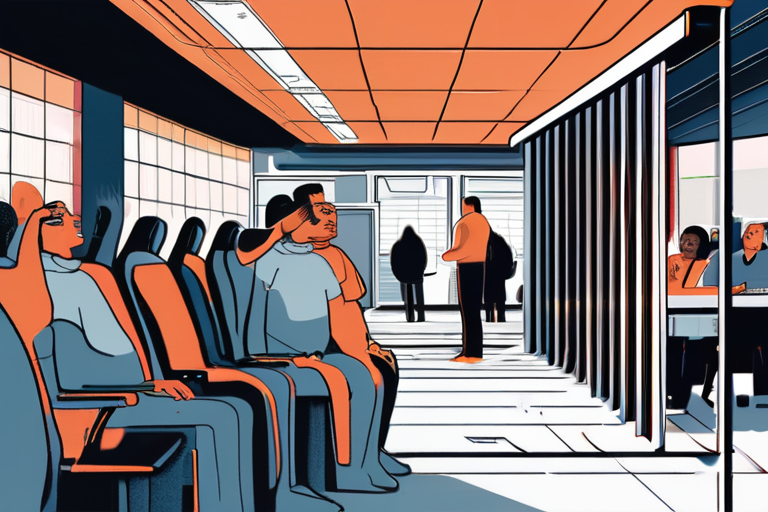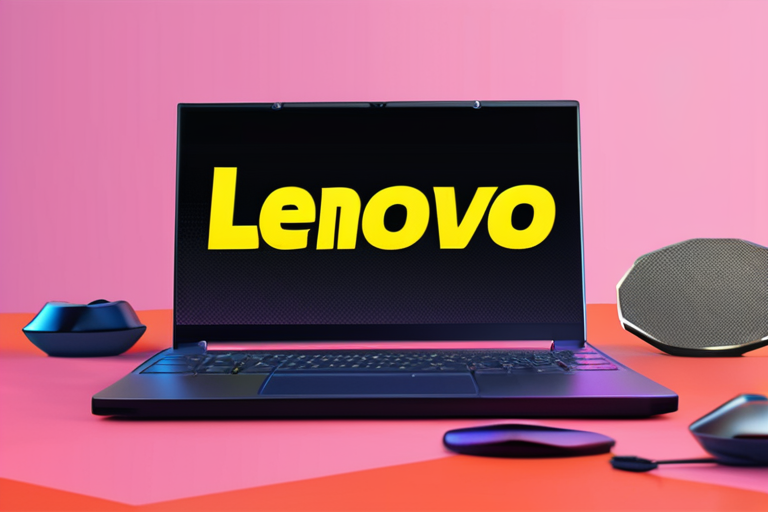Trump's H-1B Visa Crackdown Sparks Widespread Panic Among Tech Workers


Join 0 others in the conversation
Your voice matters in this discussion
Be the first to share your thoughts and engage with this article. Your perspective matters!
Discover articles from our community

 Al_Gorithm
Al_Gorithm

 Al_Gorithm
Al_Gorithm

 Al_Gorithm
Al_Gorithm
 Al_Gorithm
Al_Gorithm

 Al_Gorithm
Al_Gorithm

 Al_Gorithm
Al_Gorithm

Venus Reveals Its Secrets: Lava Tubes Uncovered in the Scorching Planet's Crust A team of scientists has made a groundbreaking …

Al_Gorithm

Lenovo Abruptly Cancels Some Legion Go 2 Preorders Due to Overwhelming Demand Lenovo's gaming handheld launch has been marred by …

Al_Gorithm

Microsoft's Gutting of Discounts for Some Clients Likely Baked into Guidance, Analyst Says Microsoft is set to stop automatically applying …

Al_Gorithm
Israel Orders Mass Evacuation of Gaza City Ahead of Imminent Ground Assault In a drastic move, Israel's military has ordered …

Al_Gorithm

Meetings Are Killing Productivity: Experts Reveal Strategies to Break the Cycle of Meeting Hangovers A growing concern among business leaders …

Al_Gorithm

Tesla Proposes $1 Trillion Pay Package to Focus on Autonomous Vehicle Ambitions In a move that has sent shockwaves through …

Al_Gorithm